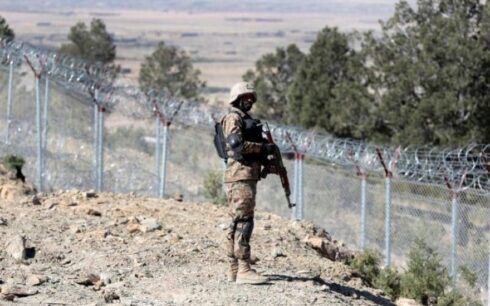As Ramadan nears its end this week, Pakistan’s shopping malls and traditional markets are alive with customers preparing for the Muslim festival of Eid al-Fitr.
However, inflation is curbing the usual festive spending spree, according to both shoppers and vendors.
The final week of Ramadan typically witnesses a surge in shopping, with families flocking to markets after iftar — the evening meal breaking the fast — to buy new clothes, jewelry, and shoes, considered essential for celebrating the three-day festival in Pakistan.
“Difficulties in purchasing have reached an extreme level. An item that we used to buy for 300 rupees ($1.08) is now selling for 800-900 rupees ($2.88 – 3.24). Prices have more than doubled – they have tripled! Prices have gone way beyond the buying power of most of us,” said Tahir Rizvi, a property dealer.

“I am a shop owner myself. Yet I have only done shopping for my children. I have bought nothing for myself. You can judge the situation from that. If we as shop owners cannot do proper Eid shopping, how can the poor, middle class man do so?” said Mohammad Fawad, a shopkeeper.
In Karachi and Lahore, consumers and merchants at key outdoor markets have reported to Reuters that prices have nearly doubled compared to last year.
Eid al-Fitr, commemorating the conclusion of Ramadan, is anticipated to be observed on April 10 in Pakistan this year, although the sighting of the moon could shift the date.
Pakistan is grappling with severe inflation, peaking at 38% last May, partly due to tax adjustments aimed at fulfilling International Monetary Fund (IMF) conditions. These conditions include budget revisions, interest rate hikes, additional tax levies, and increases in electricity and gas rates.





